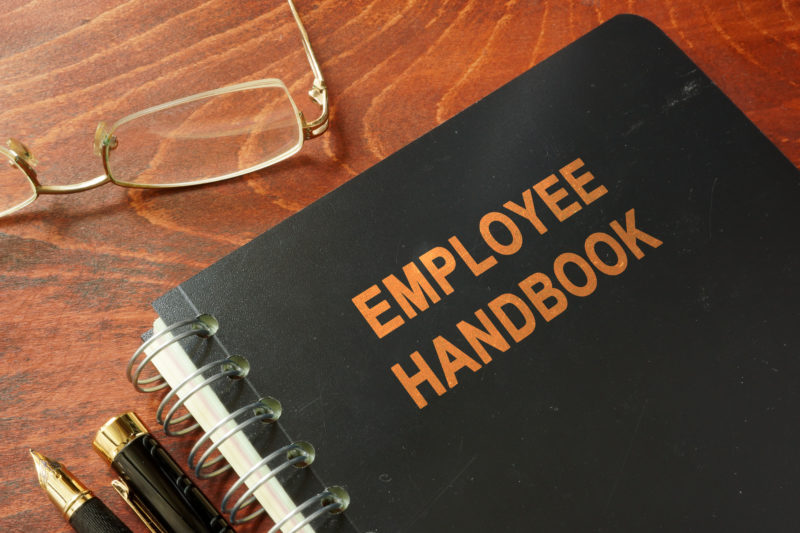Laws and regulations at the federal, state, and local levels mandate how companies manage the employment relationship. At the federal level alone, there are more than 180 laws that cover the employer-employee relationship. Two of the most well known include the Fair Labor Standards Act, which establishes the minimum wage and rights to overtime pay for certain workers, and the federal civil rights laws which prohibit employers from considering race, gender, age, or other protected status when making hiring and firing decisions or setting the terms and conditions of employment.
Other familiar regulations include the recently enacted Family and Medical Leave Act (FMLA), which grants employees the right to take up to twelve weeks of unpaid leave each year in specific circumstances, as well as the right to be restored to the same or equivalent position upon returning from such leave; and the Uniform Services Employment and Reemployment Rights Act (USERRA), which establishes certain rights and protections for employees who are called to active military duty. Under the Whistleblower Protection Act, some employees who publicize dangerous employer practices are entitled to legal protection. An organization’s compensation and benefits programs are also heavily regulated and are often further complicated because of on-going changes, implemented by Congress, to the various acts.
Implementing and adhering to the many rules and regulations becomes even more complex when there are multiple offices outside of the state where the head office is located, and/or involves remote workers in various states. Compounding the issue, each state has different laws that must be abided, making it difficult for human resources to ensure their organizations avoid costly fines and other penalties, including potential harm to the organization’s reputation.
While some of this country’s workplace regulations may seem outdated or even peculiar, they are tame in comparison to workplace regulations found in other parts of the world. For instance, in France employees must stand when the Minister of Ecology and Energy passes by. An usher announces the Minister’s comings and goings so employees know to get to their feet on time. In Japan, the Metabo Law requires employers to measure the waistlines of employees who are between the ages of 40 and 74. If the employee’s waistline exceeds the maximum measurements allowed, or an employee has a weight-related illness, he or she is required to go to dieting classes if he or she doesn’t lose the necessary weight in three months. And in the UK, an employee must pay money up front in order to take an employer to court.
This is not to say however that there aren’t a few unusual regulations to be found in American labor laws and regulations. For one, the United States’ Department of Labor has no law guaranteeing employees’ rights to bathroom breaks. Thankfully common sense and regulated employee breaks provide for this.
Among the 50 states, California holds the title for having the most number of rules and regulations pertaining to the workplace. California employment laws cover everything from the basics such as overtime pay and dealing with harassment complaints to the more unusual such as California law AB2078 which prohibits prison workers and law enforcement officers from having sex with those housed in a correctional facility, including prisoners who are being transported to jail. In Florida, employees are allowed to bring guns to work as long as they keep them in their cars. The state’s guns-at-work law states that employers cannot prohibit employees, as well as customers and those invited on the premises, from possessing a legally owned firearm if the gun is locked inside a private motor vehicle. And in Michigan, discrimination isn’t limited to race, age and gender. Workplace discrimination or harassment based on height or weight is also against the law. The list goes on.
The management of workplace regulations isn’t supposed to be an arduous chore, but it unfortunately is in many cases. Considering the chaotic alternative however, maybe implementing and abiding by the rules doesn’t seem so terrible.



